Typically when an employer is looking to appoint someone senior on a non-permanent basis the two options available are either an Interim Manager on a day rate or a Fixed Term Contract. Often the assumption is that a Fixed Term Contract is the most cost-effective and low risk solution, however there are pros and cons to both options.
A Fixed Term Contract is employed by the business on a standard employment contract for a defined period. A Interim Manager is employed by an agency or as a Limited company contractor and typically operates on a day rate basis.
View our day rate calculator here.
Benefits of Fixed Term Contract
- Perceived as greater security for the employee
- Fits into current grading with existing staff
- Potential to assess an individual before offering them a permanent position
However, one notable disadvantage is that guarantee periods are not offered for Fixed Term Contract and it is only natural for someone employed with a defined end date to start looking for a new role many months before.
Whilst the overall cost can be marginally higher for an Interim Manager, there are some recognised significant benefits over a Fixed Term Contract.
Benefits of Interim Management
- Less administration involved for the employer
- Only pay for the exact days they work with no large upfront fee (pay as you go)
- They are available at very short notice
- They provide extra resource but circumnavigate headcount
- Provide a highly experienced professional, typically over qualified for the role
- They will have a proven track record and be able to ‘hit the ground running’
- Provide objective insight into the business
- Motivated by deadlines and short-term impact
- Minimal onboarding required with no expectations
tml Partners – specialists in interim marketing professionals.










